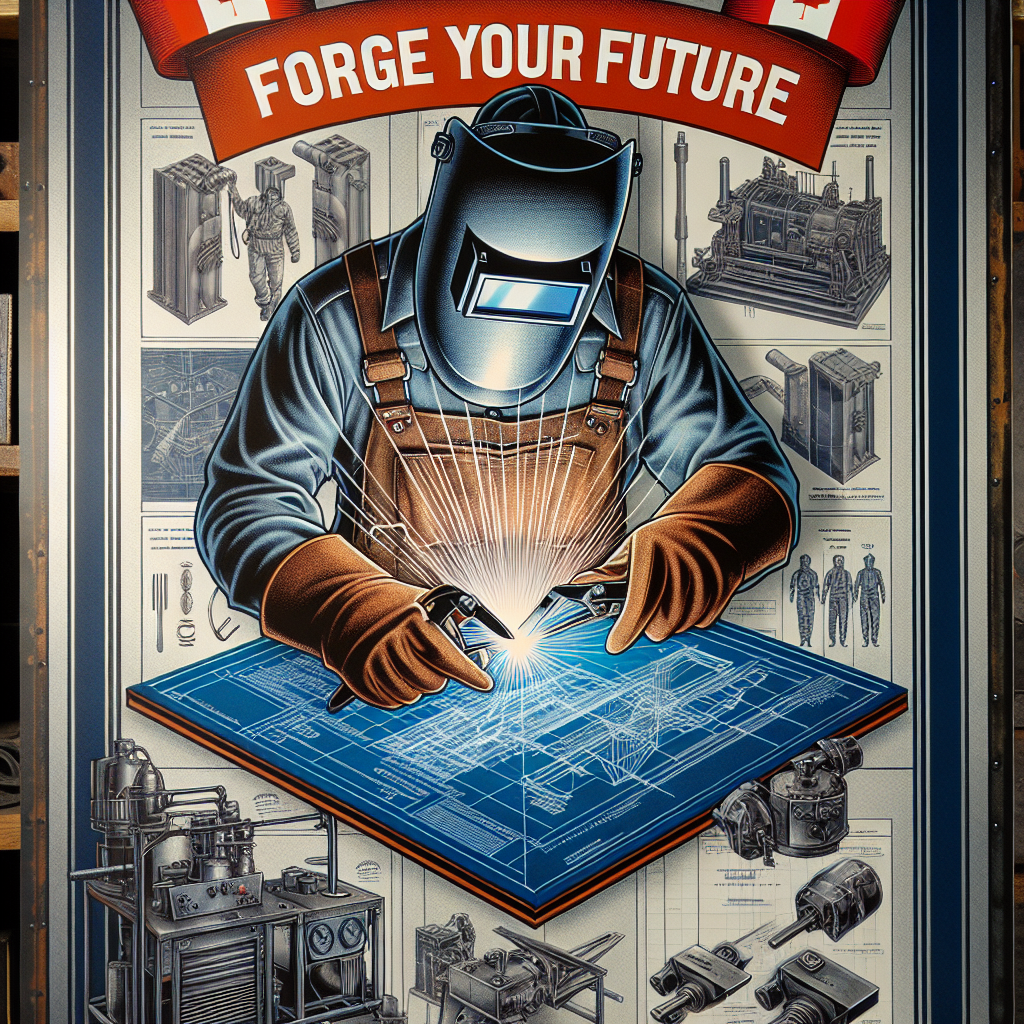Welding is a versatile and in-demand skill that offers a wide range of exciting job opportunities in the United States. From construction and manufacturing to aerospace and automotive industries, welders play a crucial role in creating and repairing metal structures. If you have a passion for working with your hands and enjoy problem-solving, a career in welding might be the perfect fit for you. In this article, we will explore the various welding jobs available in the US and the potential for growth in this field.
Related Topics (Sponsored Ads):
Read More
The Importance of Welding in Different Industries
Welding is a fundamental process used in numerous industries to join metals together permanently. It is an essential skill in construction, where welders are responsible for fabricating and erecting steel structures such as buildings, bridges, and pipelines. The manufacturing industry also heavily relies on welding to assemble machinery, equipment, and consumer goods.
Moreover, the aerospace and automotive sectors require highly skilled welders to ensure the safety and integrity of their products. Welding is used to construct aircraft frames, engine components, and even spacecraft. In the automotive industry, welders are involved in manufacturing vehicles and repairing damaged parts.
Types of Welding Jobs
Welding offers a diverse range of job opportunities, each requiring specific skills and expertise. Here are some of the most common types of welding jobs:
- Structural Welding: Structural welders work in the construction industry, where they weld steel beams, columns, and other structural components.
- Pipe Welding: Pipe welders specialize in welding pipes used in plumbing, oil and gas, and other industries. They must be proficient in various welding techniques and have a deep understanding of pipe systems.
- Underwater Welding: Underwater welders are highly skilled professionals who work in challenging environments such as offshore oil rigs and underwater structures. They must be certified divers and possess specialized welding skills.
- Welding Inspection: Welding inspectors ensure that welding processes and procedures meet industry standards and specifications. They play a crucial role in quality control and ensuring the safety of welded structures.
- Robotic Welding: With advancements in technology, robotic welding has become increasingly prevalent. Robotic welders program and operate automated welding machines, improving efficiency and precision in the welding process.
The Growing Demand for Welders
The demand for skilled welders in the US is on the rise. According to the Bureau of Labor Statistics, the employment of welders, cutters, solderers, and brazers is projected to grow 3 percent from 2020 to 2030, adding over 14,000 new jobs to the industry. This growth can be attributed to several factors:
- The need for infrastructure development and maintenance, including bridges, highways, and buildings.
- The expansion of the manufacturing sector, particularly in industries such as aerospace, automotive, and electronics.
- The retirement of experienced welders, creating job openings for new entrants.
Furthermore, the average salary for welders in the US is competitive. According to the BLS, the median annual wage for welders, cutters, solderers, and brazers was $44,190 in May 2020. Welders with specialized skills and certifications can earn even higher salaries.
Conclusion
Welding offers a promising career path with a wide range of job opportunities in the United States. Whether you are interested in working in construction, manufacturing, or specialized fields like underwater welding, there is a welding job that suits your interests and skills. With the growing demand for welders and competitive salaries, pursuing a career in welding can lead to a fulfilling and financially rewarding future.
Related Topics (Sponsored Ads):
Sources
- www.bls.gov
- www.aws.org
- www.twi-global.com



